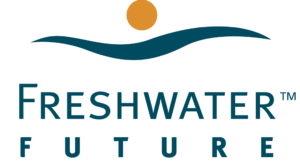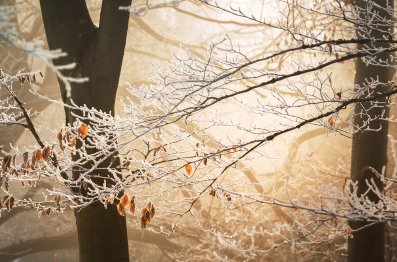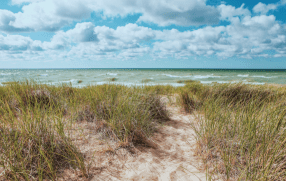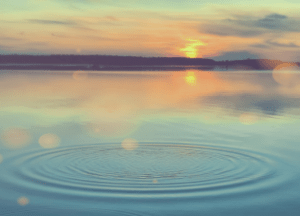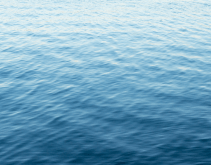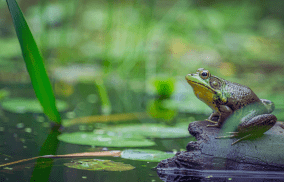Giving the Gift of Clean and Safe Water
A heartfelt thank you to everyone who donated on #GivingTuesday on November 28th. Your generosity helped us raise additional funds to help more people access clean and safe water resources. It’s not too late to celebrate #GivingTuesday! You can ensure a brighter future and help make lasting change for our region through your financial support today. Please support Freshwater Future’s efforts by making a financial gift, no matter the size. Click HERE to give your gift today.
Chicago-Joliet $1B Deal: Concerns for Great Lakes Water
As Freshwater Future previously reported, Chicago and Joliet have entered a 100-year, $1 billion agreement to address Joliet’s imminent water shortage by establishing a 31-mile pipeline from Lake Michigan. Joliet’s population of around 150,000 faces dwindling groundwater levels due to excessive usage. As concerns grow over potential overselling, experts are advocating for alternative measures like a dual pipeline system for drinking water and recycled wastewater. The Joliet agreement raises the broader issue of Great Lakes water sustainability, emphasizing the delicate balance needed to preserve our freshwater resources and the potential long-term impacts on water access in the region.
Land Swap Threatens Wisconsin Lake Michigan Coastal Park
In Sheboygan, Wisconsin, Freshwater Future grantees at the Friends of the Black River Forest are urging Wisconsin’s Governor to block a land swap between the state and a manufacturing company. The swap involves transferring five acres of Kohler-Andrae State Park to the company for a luxury golf course. Local advocates are concerned the swap could harm the sensitive natural dunes and wetlands along Lake Michigan. Not only does this state land see over 400,000 people visiting the park year round, it is also essential habitat, nesting grounds, and the migratory stopover site crucial for thousands of birds and various wildlife species. Moreover, the swap could set a dangerous precedent encouraging further privatization of publicly held lands. The Wisconsin Supreme Court ruled against challenges to the land swap in 2020, but local advocates and Wisconsin’s representatives are unifying to protect lands and waters over private profits.
Ohio State Parks Opened Up for Fracking
In a contentious decision, the Ohio Oil and Gas Land Management Commission approved the fracking of state parks and wildlife areas. The commission made the decision regardless of an ongoing investigation by Ohio’s Attorney General into fraudulent form letters endorsing fracking submitted by oil and gas companies. Environmental advocates are urging transparency and a thorough investigation, emphasizing the need for public input that reflects genuine opinion. The approved parcels will now enter a confidential bidding process, intensifying the debate over environmental stewardship and the potential impact on Ohio’s state-owned lands from fracking.
The Edmund FitzGerald and the Gales of November in the Great Lakes
The gales of November in the Great Lakes are more than lore. Gale-force winds and storms in late fall are a result of colder air from the north moving into the region that amplify temperature differences and make for more intense storm fronts. Such storms were responsible for the dramatic sinking of the Edmund Fitzgerald and the historic White Hurricane of 1913. The Edmund Fitzgerald’s sinking in 1975 spurred advancements in weather monitoring, culminating in the installation of weather data buoys in 1979, drastically improving storm predictions.
